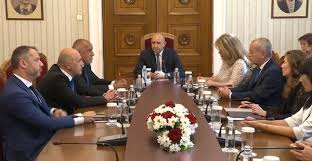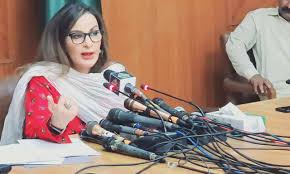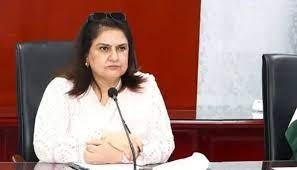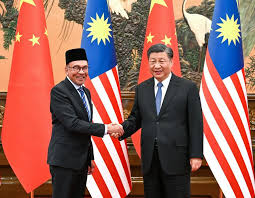Bulgaria: Borissov says GERB-UDF will ‘most likely’ propose a minority government

Sofia: Boiko Borissov said on June 24 that his GERB-UDF parliamentary group would most likely propose a minority government.
Borissov was speaking after leading a delegation from GERB-UDF – the largest group in Bulgaria’s 50th National Assembly and thus which will be the first to receive a mandate to seek to form a government – for talks with President Roumen Radev.
As mandated by the constitution, Radev is conducting consultations with all parliamentary groups before handing over the first mandate to seek to form a government.
Borissov told reporters that the candidate Prime Minister would be from GERB, but would not be him.
“Of course, we bear our responsibility and most likely we will propose the government after talking with the other colleagues as well, and it will be a minority government,” Borissov said.
He criticised the smaller parties in the 50th National Assembly, including ITN and Vuzrazhdane, over their calls to receive the third of the mandates to try to form a government.
ITN, the second-smallest parliamentary group, has said that it would not vote for a government nominated by GERB-UDF or the Movement for Rights and Freedoms (MRF) – which as the second-largest group is entitled to the second mandate – and if handed the third mandate, would nominate an “expert” government.
Vuzrazhdane, the fourth-largest group, has said that if it receives the third mandate, it would invite all parties for talks with the exception of GERB-UDF and the MRF.
Borissov said that he expected support from all those who do not want Bulgaria to go to new elections. Were Bulgaria to hold parliamentary elections again this year, they would be the seventh in just more than three years.
Earlier, meeting Radev, Borissov said that “in practice, there is no way to form a government”.
“If something can happen, it is with the first mandate, it cannot happen with the second and the third. We will undertake more efforts, but yesterday we heard that it cannot happen with the first and the second,” Borissov said.
MRF parliamentary group deputy leader Yordan Tsonev told Radev that the “most normal thing” is to support the mandate held by the winner of the largest share of seats in the National Assembly.
“This is a natural thing, no matter how few Bulgarian citizens voted,” Tsonev said, referring to voter turnout on June 9, which was a record low in the 16 parliamentary elections that Bulgaria has held since 1991.
“People categorically do not want new elections, but want the political process to stabilize and to have a regular cabinet to solve the problems,” Tsonev said.
The MRF called on Radev to act as a mediator among the political forces.
Parliament’s third-largest group confirmed to Radev at an afternoon meeting on June 24 that it intends to be in opposition.
Former prime minister Nikolai Denkov, parliamentary leader of We Continue the Change-Democratic Bulgaria, said: “The first and second political forces [GERB-UDF and the MRF] worked together all the time, including when they overthrew our governments. They should take responsibility, now it’s their turn”.
“It’s easy to topple a government, it’s hard to create a new one. GERB received mandates six times, this will be the seventh, and not once did it succeed in forming a government. We succeeded twice,” Denkov said.
Asked by Radev whether WCC-DB would be willing to form, under the auspices of Vuzrazhdane, an anti-GERB and MRF coalition, Denkov said that WCC-DB and Vuzrazhdane did not see Europe and the world in the same way.





